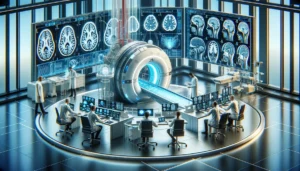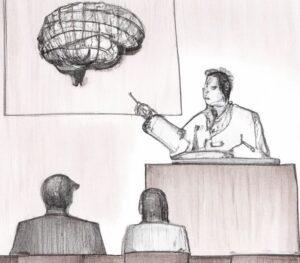Conducting a cost analysis of Traumatic Brain Injury (TBI) involves evaluating the direct and indirect costs associated with the condition over time. Here’s an outline of how to approach a TBI cost analysis, highlighting the critical components and considerations:
1. Direct Costs
Direct costs result immediately from the injury and include medical and healthcare expenses. These are typically easier to quantify and include:
- Acute Care: Hospitalization, emergency care, surgeries, and immediate treatments following the injury.
- Rehabilitation Services: Physical therapy, occupational therapy, speech therapy, and cognitive rehabilitation costs.
- Long-term Care: Costs associated with ongoing medical care, including specialist visits, medication, and durable medical equipment.
- Personal Care: Expenses for caregivers or home health aides for individuals with disabilities resulting from TBI.
2. Indirect Costs
Indirect costs are less direct and include lost productivity, changes in employment status, and the long-term impact on the patient and their family. These costs can be more challenging to quantify but are essential for a comprehensive analysis:
- Lost Productivity: Income lost due to reduced work capacity or inability to work, including both the patient’s and caregivers’ lost earnings.
- Non-medical Costs: Transportation to medical appointments, home modifications, and other non-medical expenses related to the injury.
- Quality of Life: The economic valuation of the decline in quality of life for both the patient and their family. This can include psychological distress, loss of social interactions and leisure activities.
3. Lifetime Costs
Considering the lifetime costs of TBI is crucial, as many effects of the injury are long-term or even lifelong. This involves estimating the ongoing costs over the patient’s lifetime, which can vary significantly based on the injury’s severity and the individual’s age at the time of injury.
4. Methodological Considerations
- Data Sources: Utilize a combination of medical records, insurance claims data, and surveys to collect comprehensive cost information.
- Economic Models: Employ cost-of-illness or decision analytic models to estimate direct and indirect costs accurately.
- Adjustments: Make adjustments for inflation and discounting future costs to present value to reflect the economic impact over time accurately.
5. Societal Perspective
In addition to individual costs, consider the broader societal perspective, which includes the burden on healthcare systems, social services, and the overall economic impact on society.
Conclusion
A cost analysis of TBI requires a detailed and multidisciplinary approach to capture the full spectrum of costs associated with the injury. By accurately quantifying both direct and indirect costs, stakeholders can better understand the economic burden of TBI, informing policy decisions, healthcare planning, and allocating resources for prevention, treatment, and support services. Moreover, attorneys can use TBI cost analysis to determine damages and negotiate a fair settlement.
References
Spitz G, McKenzie D, Attwood D, Ponsford JL. Cost prediction following traumatic brain injury: model development and validation. J Neurol Neurosurg Psychiatry. 2016 Feb;87(2):173-80. doi: 10.1136/jnnp-2014-309479. Epub 2015 Feb 18. PMID: 25694473. https://jnnp.bmj.com/content/87/2/173.long
Ponsford JL, Spitz G, Cromarty F, Gifford D, Attwood D. Costs of care after traumatic brain injury. J Neurotrauma. 2013 Sep 1;30(17):1498-505. doi: 10.1089/neu.2012.2843. Epub 2013 Aug 3. PMID: 23570260. https://www.liebertpub.com/doi/10.1089/neu.2012.2843?url_ver=Z39.88-2003&rfr_id=ori%3Arid%3Acrossref.org&rfr_dat=cr_pub++0pubmed
Prang KH, Ruseckaite R, Collie A. Healthcare and disability service utilization in the 5-year period following transport-related traumatic brain injury. Brain Inj. 2012;26(13-14):1611-20. doi: 10.3109/02699052.2012.698790. Epub 2012 Jun 27. PMID: 22738249. https://www.tandfonline.com/doi/full/10.3109/02699052.2012.698790






